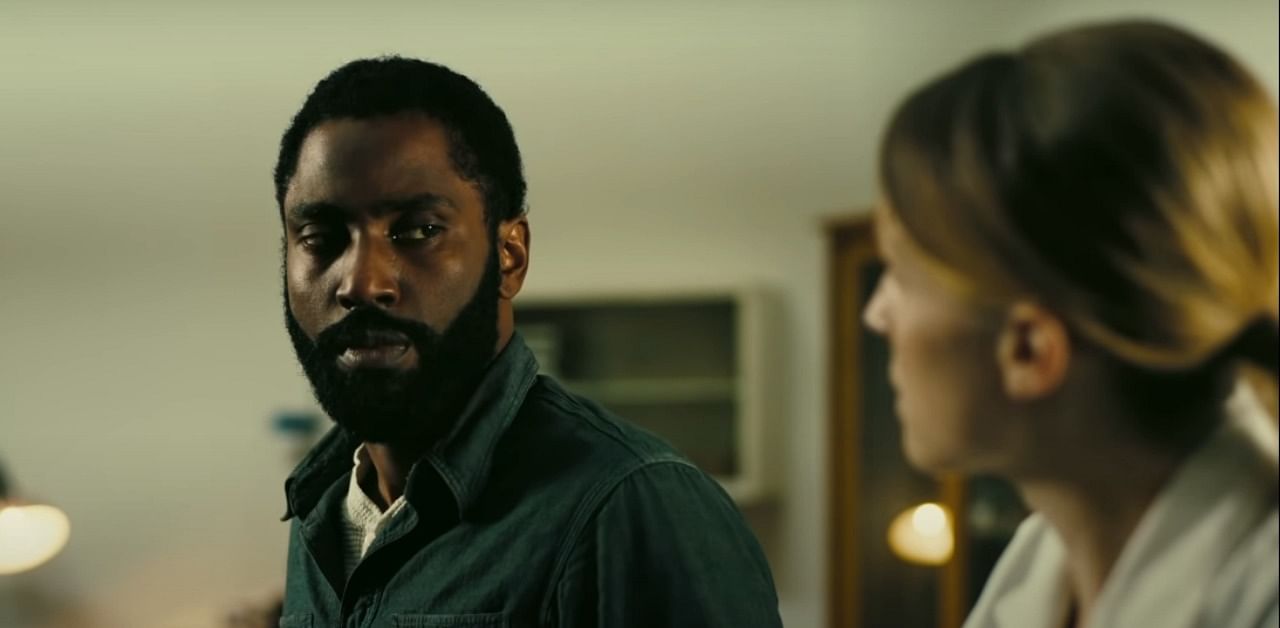
Director: Christopher Nolan
Cast: John David Washington, Robert Pattinson, Elizabeth Debicki, Kenneth Branagh
Score: 4/5
Christopher Nolan stands in a unique position among contemporary Hollywood filmmakers, in that he can make any kind of weird, mind-twisting film and get away with it because usually, those mind-twisting films work. Tenet is just the latest example, and may perhaps be a new high for the director.
Make no mistake about it, the trailers for Tenet do the film no justice. The sheer scope of what Tenet deals with is more than a little difficult to put into words, as is how it goes about achieving the goals it has.
Look beyond the complexities of its temporal and mental mechanics, however, and you have a fairly simple story: An unlikely hero has to stop a villain before he achieves his goal, and perhaps save the damsel in the process if he can.
Tenet revels in its own interpretation of how time works. While it does deal in cause and effect a la Back to the Future, it does so with its own take on the perceived nature of causality, without necessarily infringing on the nature of known universal mechanics of going from point A to point B in what ultimately feels like a sort of inverse butterfly effect.
Therefore, what it presents, in its own intrinsically intertwined form of storytelling, is more than a beginning-middle-end, it's more of a mishmash of all three told from a largely non-linear perspective though it strictly follows the actions of the characters, namely the Protagonist (Washington), Neil (Pattinson), Kat (Debicki) and Sator (Branagh). It can get a little complicated, but it, like Inception, demands to be seen twice before one can fully appreciate its intricacies.
To put it simply, Tenet is like a game of chess being played by these four characters, except there are several iterations of the same character handling several iterations of the chessboard, making it less of regular chess and more of a game of Chinese checkers where each person is manipulating several pieces in a multidimensional space rather than a traditional board game.
In terms of complex visual storytelling, there are perhaps few equals to Nolan, and the director puts his talent on full display. We won't spoil anything, and more astute viewers will probably figure it out in their first viewing, but not everything is quite what it seems, even when it seems like it does. This meta-narrative design, combined with the complexities of the characters, creates an almost illusionary effect, drawing in every moment as though it's the final moment of the characters, only to completely subvert expectations in the next scene.
To close, Tenet is a bonafide Nolan masterpiece. Some may dispute that Inception stands at the pinnacle of Nolan's resume, but that is what debates are for.
Tenet won the award for Best Visual Effects at the 93rd Academy Awards.